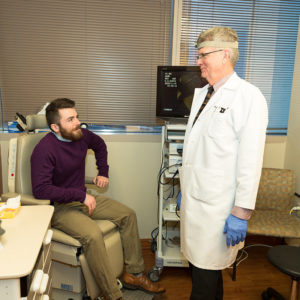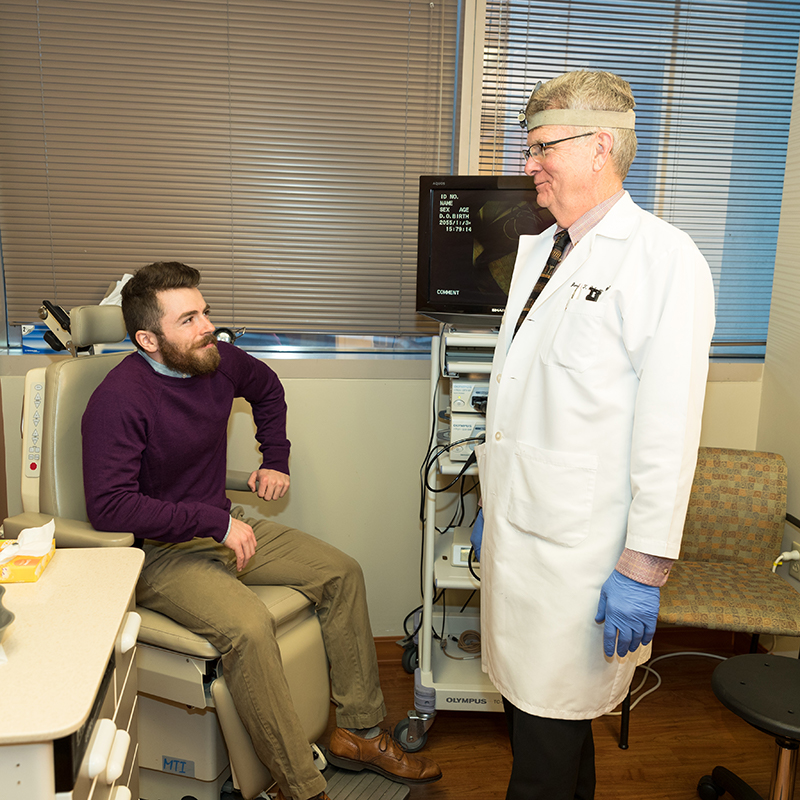Health Literacy

Over the past several years, The Eye & Ear Foundation has made strides in its commitment to increase access to health care by working with the Departments of Ophthalmology and Otolaryngology to address social determinants of health. One of the most influential social determinants of health is health literacy. The World Health Organization defines health literacy as “the personal characteristics and social resources needed for individuals and communities to access, understand, appraise and use information and services to make decisions about health” (World Health Organization, 2015). Studies have shown that lower health literacy skills can lead to long-term health conditions, more difficulty managing medications, earlier mortality, and overall lower quality of life.
The Survivorship Clinic
Health literacy, however, is one social determinant of health that is considered modifiable with interventions that improve communication between health care providers and patients and educate patients about their health options and resources. The Survivorship Clinic is looking at health literacy among its patient population as something that, if addressed, can significantly improve the treatment and recovery period that a patient experiences and improve their chances at living comfortably after treatment.
Working Towards Improving Patient and Caregiver Health Literacy
Two research projects are being conducted by two medical students are underway. The first project (conducted by Jymirah Morris) will study the relationship between health literacy, patient caregivers, and patient outcomes. Because HNC patients are likely to need a family member to provide care during and after treatment, it is often left to the caregiver to make sense of the directions and protocols given by the patient’s care team. Ms. Morris’s hypothesis that there will be an association between the health literacy of caregivers of patients with HNC and the outcomes of said caregivers and their patients. Based on the results of this study, care teams can tailor interventions to improve caregiver health literacy in our patient population and can take a step in the direction of correcting one more barrier to the delivery and receipt of healthcare in our vulnerable populations.
The second project (conducted by Randall Harley) will study the impact of health literacy on patients’ outcomes during an acute period of time, surveying them immediately after diagnosis and then again after 30 days after surgery. The hypothesis is that patients with higher health literacy will have a more positive outcome with 30 days after surgery, with fewer hospitalizations or emergency room visits.
By studying health literacy and using the data collected to make improvements in care, the Survivorship Clinic hopes to impact their patients lives’ in a holistic, sustainable way.
To stay up to date on future events and news, follow EEF on Facebook, Twitter, and LinkedIn and subscribe to our Sight + Sound Blog. To support the treatment innovations that are improving care, make a donation to the Eye & Ear Foundation.
